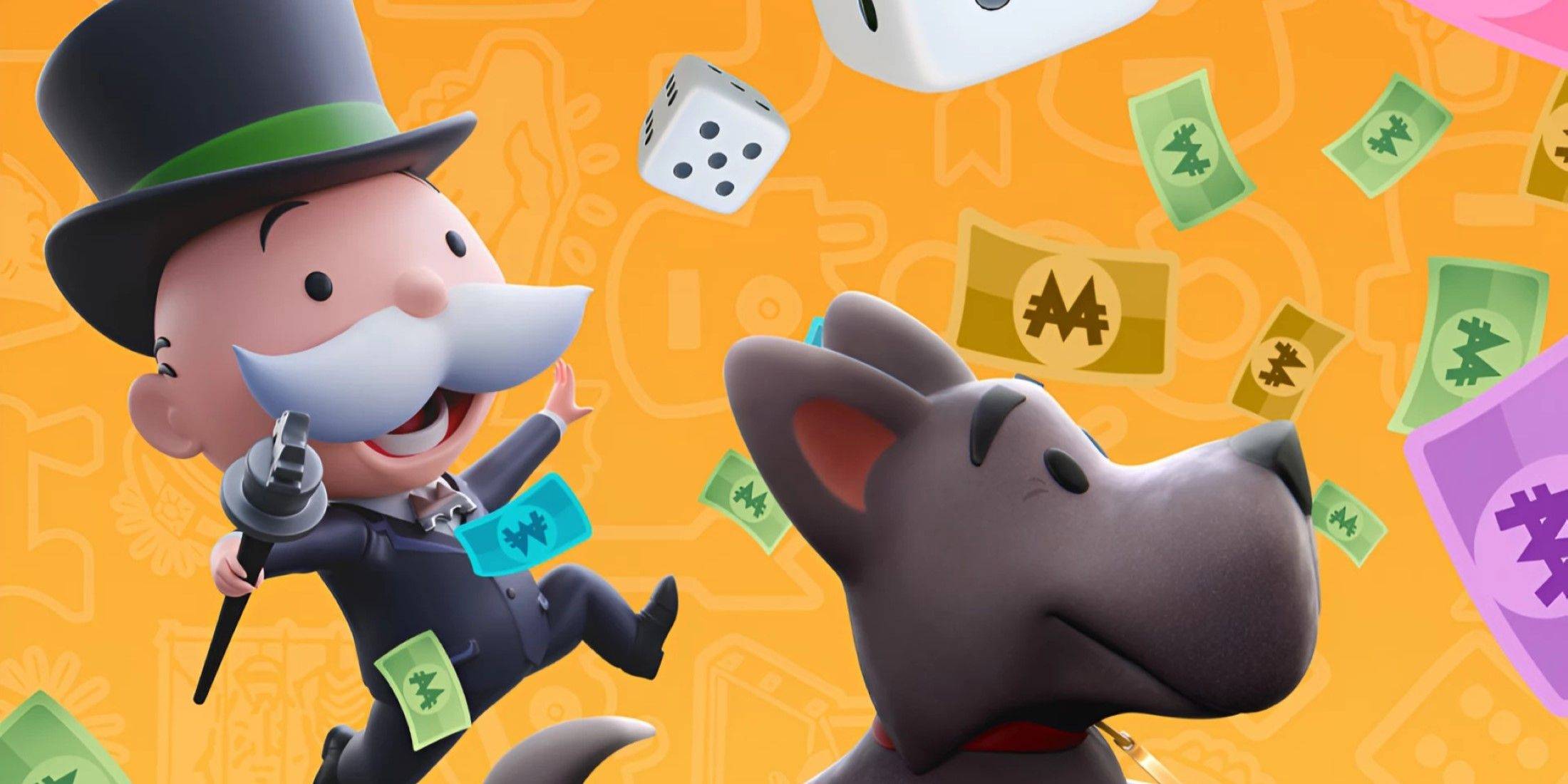by Logan Jan 24,2025

A recent incident highlights the significant financial risks associated with in-app purchases in mobile games. A 17-year-old reportedly spent a staggering $25,000 on Monopoly GO microtransactions, underscoring the potential for uncontrolled spending within freemium game models.
While Monopoly GO is free to download, its reliance on microtransactions for progression and rewards has led many players to spend considerable sums. This case isn't isolated; another user confessed to spending $1,000 before abandoning the game. However, the $25,000 expenditure dwarfs previous reports, serving as a stark warning.
A Reddit post (since removed) detailed the situation, revealing 368 individual purchases made by the teenager via the App Store. Unfortunately, comments on the post suggested the game's terms of service likely hold the user responsible for all purchases, even accidental ones. This highlights a common issue with freemium games, where microtransaction models are central to their revenue generation – a strategy mirrored in titles like Pokemon TCG Pocket, which generated $208 million in its first month.
This Monopoly GO incident isn't the first time in-app purchases have drawn criticism. Take-Two Interactive, the publisher of NBA 2K, has faced multiple class-action lawsuits regarding its microtransaction practices, settling one in 2022 and facing another in 2023. While legal action in this specific Monopoly GO case is unlikely, it reinforces the ongoing debate surrounding the ethical implications and potential for financial harm.
The profitability of microtransactions is undeniable; Diablo 4 generated over $150 million in microtransaction revenue. The strategy's effectiveness lies in its ability to encourage smaller, frequent purchases rather than a single, larger one. However, this same characteristic can be deceptive, leading players to unknowingly spend far more than intended.
The Reddit user's chances of a refund appear slim. Nevertheless, this incident serves as a potent reminder of the ease with which significant sums can be spent in games employing aggressive microtransaction models, urging caution and responsible spending habits.
Mobile Legends: January 2025 Redeem Codes Released
Pokemon TCG Pocket: Paralyzed, Explained (& All Cards with ‘Paralyze’ Ability)
Android Action-Defense
Brutal Hack And Slash Platformer Blasphemous Is Coming To Mobile, Pre-Registration Now Live
Pokémon TCG Pocket Is Dropping a Trade Feature and Space-Time Smackdown Expansion Soon
GWENT: Top 5 Decks for 2025 - Strategies Revealed
Mythical Island Debuts in Pokemon TCG, Time Revealed
Marvel Rivals Showcases New Midtown Map